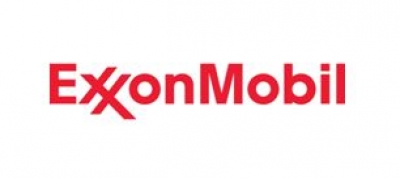Safety and sustainability is paramount in the oil and gas industry and as pressure continues to grow from regulators and governments to reduce environmental impact, these concerns are more important than ever. Regulatory bodies are increasingly introducing fines and penalties to reduce spills, coupled with tax breaks and purchasing subsidies to encourage the use of such environmentally acceptable products.
As a result, demand for environmentally acceptable lubricants has increased. Biodegradable lubricants have existed for more than 30 years, but in the past, these lubricants have led to operators having to compromise on performance. There are two types of biodegradability - “inherently†and “readily†biodegradable but these can also take many shapes and can be classified into vegetable oils, polyalkylene glycols, synthetic esters and saltwater.
Through technology advances, products are now available that not only comply with legislation but also optimise performance. This webinar will help operators understand what biodegradablility is and the different biolubricants, how to comply with legislation and how to protect equipment and increase hydraulic efficiency levels.
Join ExxonMobil on 25th January to find out how you can improve energy efficiency and optimise performance of your operations.
Presented by

Olivier Boissel,
EAME Industrial Products Technical Advisor
Olivier Boissel is the EAME Product Technical Advisor in charge of Hydraulic oils at ExxonMobil. During his twenty years of service he held various positions in base oils refining, research, planning, REACH implementation and blend plant lab management. He has a background in chemical engineering and organic chemistry and now is involved in providing technical expertise to the Fuels & Lubricants organisation. He also participated in the development of the new DIN EN 16807 standard to better characterize Bio-lubricants and Bio-based lubricants.

Max Karlovini,
Industrial Lubricants Field Engineer
Max Karlovini is an Industrial lubricants Field Engineer in Sweden. Max holds a Ph.D. degree from Stockholm University and has been with ExxonMobil for 10 years, in many technical positions. He specializes in Pulp & Paper but also covers a wide range of mechanical applications and machinery including inspection, condition monitoring and failure analysis. Max’s background also means he focuses on energy savings in hydraulic systems as well as hydrodynamic lubrication.





